We're sorry, but something went wrong
Please try reloading the page
We're sorry, but your browser is unable to play this video content.
If this continues please try upgrading your browser or contact us for assistance.
We're sorry, but this video is currently unavailable on mobile.
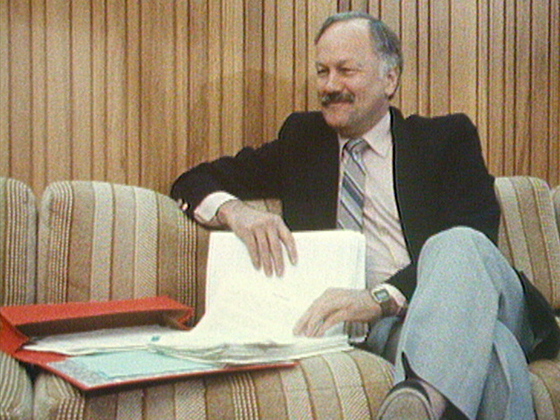
In a Land of Plenty
Film (Full Length) – 2002
If you liked this, you might also like...
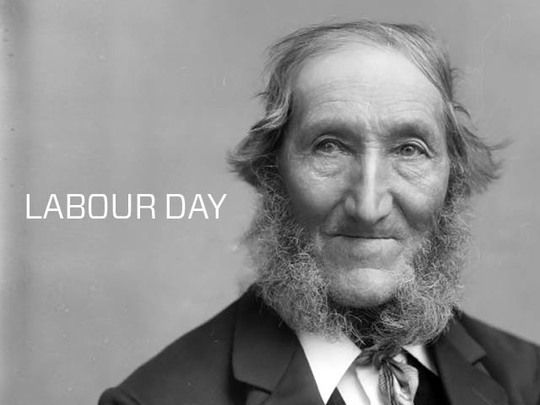
Labour Day Collection
Curated to mark Labour Day, this collection features...

Politics
Our representatives in Parliament have had some of their...

Someone Else's Country
Alister Barry's documentary on Rogernomics

Revolution
Series exploring how Rogernomics affected unemployment
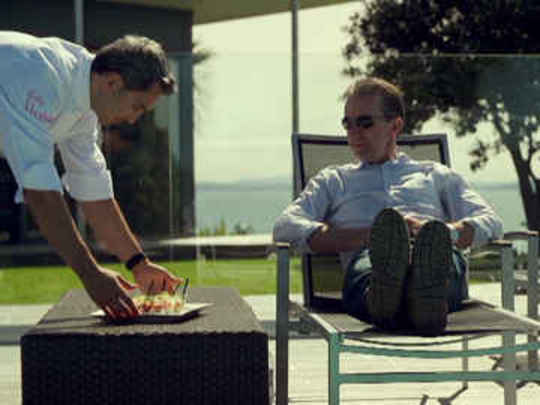
Nigel Latta 1 - The New Have & Have-Nots (First Episode)
Documentary on NZ poverty and inequality in 2014
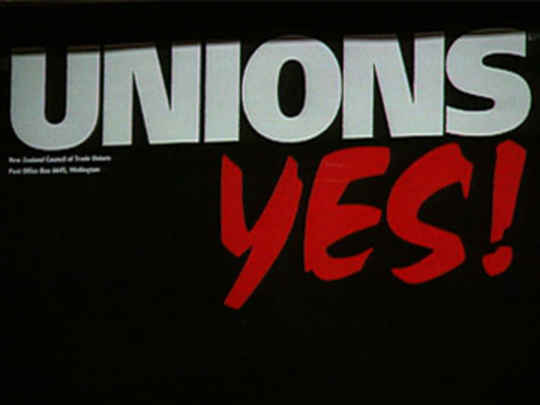
Assignment - Back to the Future
Item on changes to employment law in 2000

Gallery - Ending the Post Office Go-Slow
Brian Edwards brokers an industrial dispute

1951
Documentary on the 1951 waterfront workers’ dispute

Our People Our Century - Winning and Losing
Documentary on economic change in NZ society
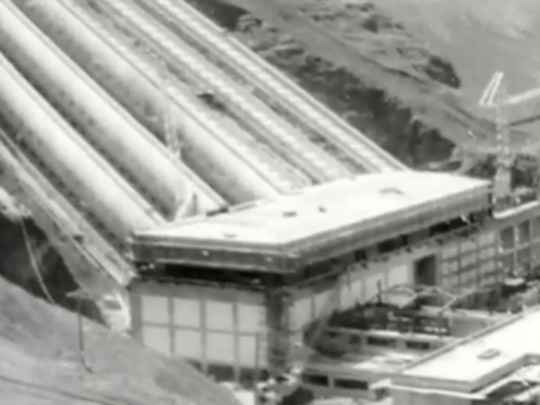
These New Zealanders - Benmore
A 1964 film on major public works construction project

A Civilised Society
More on changes in NZ in the 1980s from director Alister...

Pavlova Paradise Revisited - Episode Two
UK Labour MP Austin Mitchell on NZ politics and more

Ken Douglas: Traitor or Visionary?
Documentary on unionist Ken Douglas
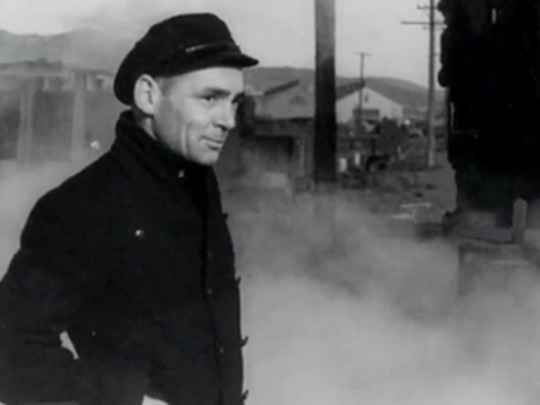
Weekly Review No. 355 - Railway Worker
A 1948 film about 24 hours of work on the railways

A Nuclear Free Pacific (Niuklia Fri Pasifik)
Another Alister Barry documentary

Sale of a Nation
Doucmentary on asset sales in the 1980s

Tagata Tangata 5 - Te Ao HuriHuri / The Changing World (Episode Five)
Documentary on Western economic influence on Polynesia

Mururoa 1973
Another Alister Barry documentary
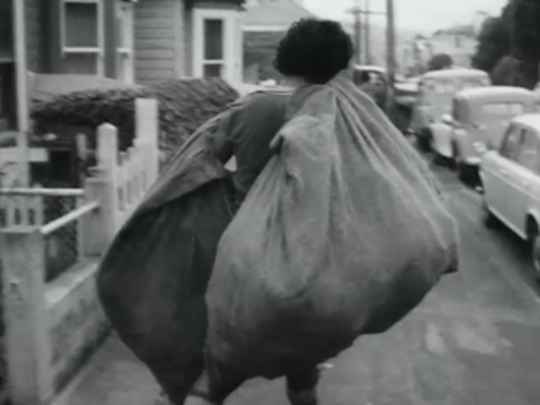
Dustie
A 70s documentary on Wellington rubbish collectors

Open House - Happy Birthday (First Episode)
A drama series set in a community house in the 80s

Te Whānau o Aotearoa - Caretakers of the Land
A documentary on a group of Wellington homeless

How's Life? (Episode)
Christine Rankin gives advice

A Fair Deal
Another look at inequality in Aotearoa

Close Up - Following the Leader (Jim Bolger)
1986 report on future PM Jim Bolger
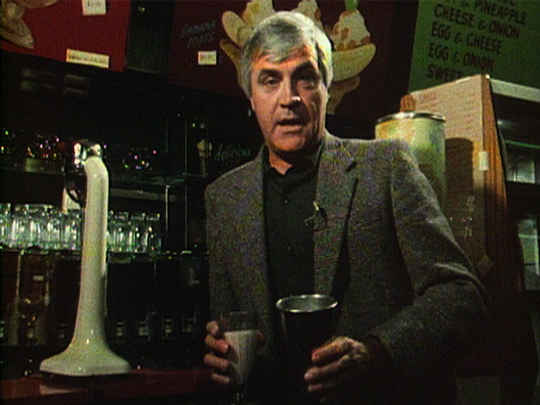
The City And The Suburb (part two)
Hamish Keith looks at NZ housing in 1983

How Bizarre - The Story of an Otara Millionaire
Interviews about singer Pauly Fuemana

The Hard Stuff With Nigel Latta - Degrees of Success
Episode about young people and job training
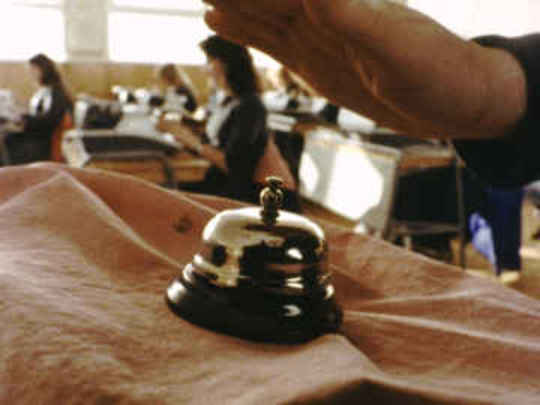
Learning Fast
Another doco on unemployment in NZ

The Respectable Addiction
Another doco looking at employment in NZ

Hidden in the Numbers
Documentary series about New Zealand life using statistics
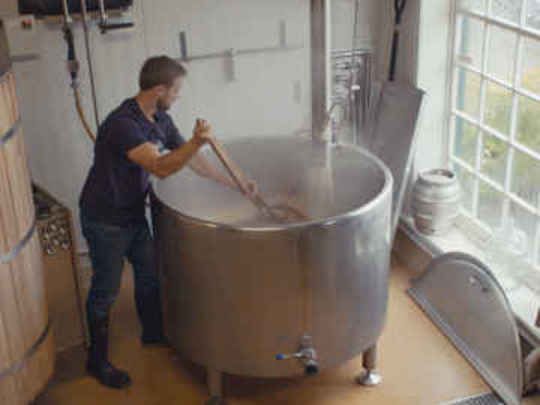
Making New Zealand - Manufacturing
Documentary on New Zealand manufacturing

The Hard Stuff With Nigel Latta - The Retirement Bomb
Documentary about growing old in New Zealand
Which size would you like?
Copy this code and paste it into your website.
<!-- Start NZ On Screen - In a Land of Plenty - Badge -->
<a href="https://www.nzonscreen.com/title/in-a-land-of-plenty-2002" > <img src="https://www.nzonscreen.com/content/badges/in-a-land-of-plenty-2002.horizontal-badge.jpg" width="330" height="90" alt="In a Land of Plenty" /></a>
Which clip would you like to embed?
Start clip at:
eg. 1m7s
Would you like the clip to be a fixed size or responsive?
Copy this code and paste it into your website.
<!-- Start NZ On Screen -
In a Land of Plenty
Size:
585
by
410
-->
<iframe width="585"
height="410"
style="width: 585px"
src="https://www.nzonscreen.com/embed/fec108fb61cdc336" frameborder="0" allowfullscreen ></iframe>
<!-- End NZ On Screen -
In a Land of Plenty
-->
Isn't it strange that it was left-wing governments that introduced a lot of neoliberal policies - Wilson in England, Mitterand in France, Hawke and Keating in Australia, Lange in NZ ...
And it shows starkly that you must not trust capitalists to do anything for the greater good, for public benefit.
I was living in London, England at the time and market economy was popular there and even in socialistic France. The funny thing about socialist France is that there is a lot of hypocrisy. Socialists like to call other socialist countries their brothers and it was under a French socialist president that the order was given to blow up the Rainbow Warrior in an harbour in New Zealand.
I'm from Finland and we've had the same sort of neoliberal attack on the welfare state since the 80s although it hasn't been as severe as in New Zealand. Let's hope that with the recent Occupy demonstrations around the world we can educate each other about what's going on in the world and build up popular movements to call for full employment policies.
By 1984 commodity prices had fallen and our meat and wool industry was only being propped up by government subsidies. This meant the goverment ran a large deficit and the country had a large trade deficit. (Muldoon kept the sorry state of the government books a closely guarded secret.) There was a risk of the reserve bank going bankrupt. And we had 15% inflation and 5% unemployment.
The pre-1984 situation was undesireable and unsustainable. So I think this documentary was unfairly harsh on a government that had to deal with serious economic problems,